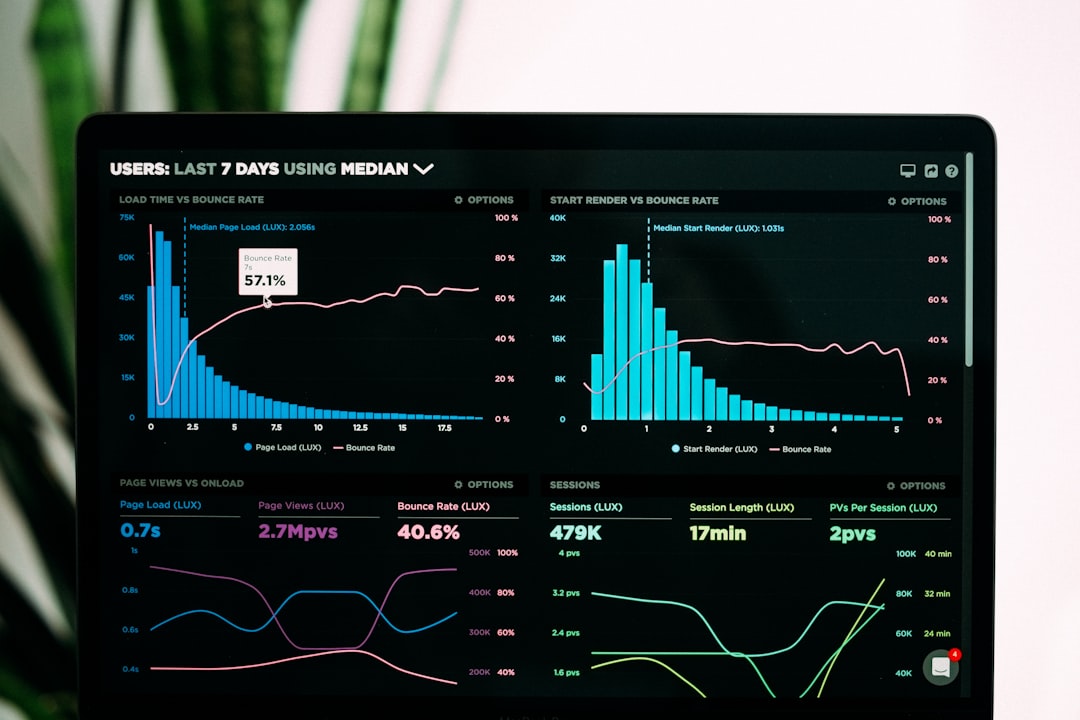Unlock encrypted content
Please enter your SSCE key to initiate on-the-fly decryption.
Decryption key: (Click cancel if you don't have the key)
Copied link to clipboard.
This feature is unavailable for free accounts. Upgrade now and enjoy all Premium benefits.
Go Premium!
This feature is unavailable for free accounts. Upgrade now and enjoy all Premium benefits.
Go Premium!
Please open this page in browser ( Google Chrome or Safari ) to use this feature.
Open In Browser
Edge Computing and File Collaboration: Revolutionizing Data Storage and Sharing in Futuristic Societies.
Random related video for this blog.
Copied share link to clipboard.
Introduction
In the rapidly evolving digital landscape, the need for efficient and secure data storage and sharing has become paramount. Traditional cloud storage solutions have their limitations, prompting the emergence of cutting-edge technologies like edge computing and file collaboration. These advancements are set to redefine the way we store and share files, revolutionizing futuristic societies. Leveraging technologies such as Lidar, machine learning algorithms, and blockchain, these innovations offer unparalleled convenience, security, and scalability. This article explores the potential of edge computing and file collaboration in shaping the future of data storage and sharing.Edge Computing: Bringing Storage and Computing Closer
Edge computing is a paradigm that brings data storage and processing closer to the source of data generation, eliminating the need for centralized data centers. By distributing computing power to the network edge, edge computing reduces latency, enhances data privacy, and improves overall system efficiency. In the context of file collaboration, edge computing enables real-time collaboration and seamless access to files, regardless of geographical location. One of the key advantages of edge computing is its ability to leverage Lidar technology. Lidar, short for Light Detection and Ranging, is a remote sensing technology that uses laser pulses to measure distances and create detailed 3D maps. By integrating Lidar technology with edge computing, futuristic societies can enable efficient file collaboration and sharing. For instance, in a construction project, Lidar-equipped drones can capture real-time data, which is then processed and stored at the edge. This data can be instantly accessed by all stakeholders through a mobile app, allowing for seamless collaboration and decision-making.File Collaboration: Enhancing Efficiency and Collaboration
File collaboration platforms are evolving rapidly, empowering individuals and organizations to share and collaborate on files seamlessly. These platforms utilize machine learning algorithms to analyze user behavior, making file sharing and collaboration more intuitiveand efficient. By understanding user preferences and patterns, these platforms can suggest relevant files, facilitate version control, and automate workflows, saving time and effort. With the rise of online file storage and cloud storage solutions, file collaboration has become more accessible and convenient. However, traditional cloud storage providers often lack the necessary security measures to protect sensitive data. This is where blockchain technology comes into play. Blockchain, the underlying technology behind cryptocurrencies, offers a decentralized and immutable ledger that ensures data integrity and security. By leveraging blockchain for file storage, futuristic societies can ensure secure and tamper-proof collaboration. Each file is encrypted and stored in a distributed network, eliminating the risk of a single point of failure or unauthorized access.
The Future of File Storage and Sharing: Towards 2025 and Beyond
As we look towards the future, the convergence of edge computing, file collaboration, and advanced technologies like Lidar and blockchain holds immense potential. By 2025, we can expect to see sophisticated mobile apps available that seamlessly integrate these technologies, providing users with a holistic and secure file storage and sharing experience. Imagine a future where individuals and organizations can effortlessly upload and share files of any size, thanks to the advancements in large file transfer capabilities. With edge computing, these files are stored and processed at the network edge, ensuring low latency and real-time collaboration. Machine learning algorithms analyze user behavior, offering personalized recommendations and automating mundane tasks. Blockchain technology guarantees data security and integrity, making file collaboration in futuristic societies more reliable and transparent. In conclusion, the combination of edge computing, file collaboration, Lidar technology, machine learning algorithms, and blockchain is set to revolutionize the way we store and share files. Futuristic societies will benefit from seamless collaboration, enhanced security, and improved efficiency. With the advent of mobile apps that integrate these technologies, the future of file storage and sharing looks promising. Embracing these advancements will unlock new possibilities and transform the way we interact with data in the years to come. FileLu is at the forefront of this technological revolution, offering secure and scalable cloud storage solutions. With premium plans ranging from 256 GB to 500 TB, at prices as low as $2.50 per month, FileLu caters to the diverse needs of individuals and organizations. Their large file transfer capabilities, allowing files up to 250 GB in size, make them a reliable choice for futuristic societies. Whether it's file transfer, online backup, or encryption file sharing, FileLu has you covered.By Amelia Isabella.
Email: [email protected]
Related
The Benefits of Cloud Storage: Centralized File Permissions, Secure Sharing,...
May 31, 2023
Read More
The Future of File Management: Emerging Technologies and Collaborative Video...
May 31, 2023
Read More
Popular
Latest
The Future of Digital Transformation: Exploring Smart Homes, Efficient File...
November 30, 2025
Read More
Exploring the Benefits of Cloud Storage and Innovative Technologies in...
November 26, 2025
Read More
The Future of Technology: Exploring Biohacking, Space Tourism, and Digital...
November 23, 2025
Read More
The Future of File Sharing: Streamlined Workflows for Photographers and...
November 19, 2025
Read More
Exploring the Intersection of Technology: From Cybersecurity to Augmented Reality...
November 16, 2025
Read More
The Future of File Management: Embracing Edge Computing and Efficient...
November 12, 2025
Read More
The Future of File Sharing: Exploring User-Friendly Solutions and Data...
November 5, 2025
Read More
The Future of Cloud Storage: How FileLu Empowers Creative Professionals...
November 2, 2025
Read More
The Future of Autonomous Technologies: Innovations in Robotics, File Sharing,...
October 29, 2025
Read More
Emerging Technologies Revolutionizing File Management: From Li-Fi to Robust Collaboration...
October 26, 2025
Read More
Emerging Technologies: Exploring the Impact of File Access Auditing, Genetic...
October 19, 2025
Read More
The Future of Data Storage: Exploring Advanced Encryption, Mobile Integration,...
October 5, 2025
Read More
Exploring the Future of Data Management: Security, Efficiency, and Cognitive...
September 28, 2025
Read More
Revolutionizing Data Management: Innovations in Storage, Security, and Sustainable Technology.
September 24, 2025
Read More
























